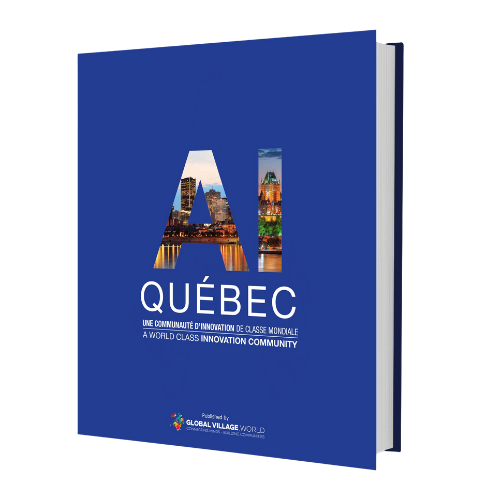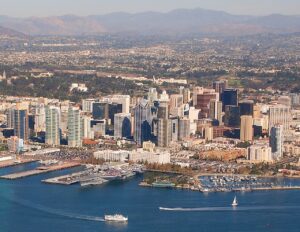Whatever happened to that old TV or computer you left by the side of the road? Assuming your laptop’s hard drive doesn’t find its way to a faraway country along with your precious data, it’s destination: landfill.

But there are smarter alternatives: FCM offers recycling and data destruction services for businesses, corporations, and institutions. Eco-centres or FCM return to retail locations is where you can bring your discarded electronic equipment and know it will be disposed of properly. That’s where FCM Recycling comes in, one of Canada’s premier R2 certified recycler of e-waste – from computers and TVs to telecommunication devices and electronic games, to medical and diagnostic equipment.
The company’s president, 35-year-old Andrew Rubin, is a member of the Young Presidents Organization who started his career as a hedge fund analyst and an investment banker in Europe and the U.S. Rubin bought FCM Recycling in 2010, converting it from a ferrous and non-ferrous recycler to a fully certified, specialized processor of e-waste.


DATA TO DUST
With operations in four provinces including two plants in Lavaltrie, Quebec, FCM Recycling stands out from the competition in two ways. One is the fact that FCM does not engage in refurbishment. “We destroy end-of-life electronics efficiently and ethically,” says Rubin, “which means customer data is 100% secure.” FCM’s massive shredding lines – complete with magnets, eddy currents, and induction sorting systems – are in and of themselves a beauty to behold. At the end of the day, a whopping 99.2% of recycled materials are kept out of landfills.
AVERTING THE PLASTIC APOCALYPSE
From the miracle product, it was back in the 1960s, plastic is now littering our landscapes, stuffing our landfills, and defiling our oceans. Which brings us to
the second differentiator that sets FCM Recycling apart: in 2016, the company became the first Canadian e-waste recycler to also operate a plastics recycling facility. FCM Polymers converts HIPS (high impact polystyrene) and ABS (acrylonitrile-butadiene-styrene) generated through the FCM e-waste recycling process, cleans it, pelletizes it and puts it back into the material stream right here in North America.
CLOSING THE LOOP
While finding uses and outlets for e-waste remains a challenge for recyclers, so is citizen indifference. At best, only about half of the e-waste generated in Canada is recycled professionally. But younger generations seem to be catching on. Recycling is slowly making its way into the collective consciousness. In this case, what’s good for the planet is also good for business.















